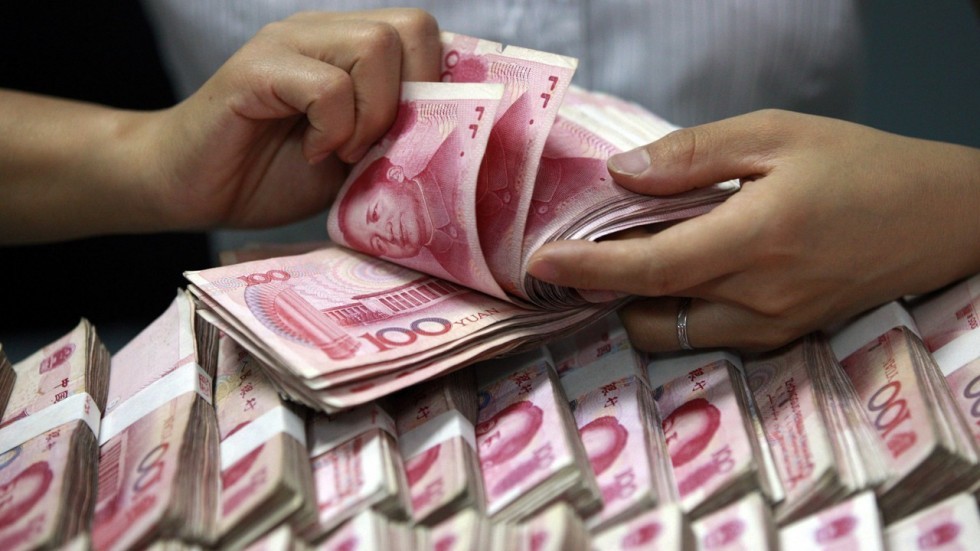
- China opens access to last 10% of its yuan-denominated bond market in what appears to be an attempt to stoke interest in Chinese assets.
- Risk-reward for global investors considering yuan-denominated assets look unfavorable given geopolitical issues, a strengthening dollar and a possible Chinese recession.
As China grapples with the economic effects of its zero-Covid lockdown policy, Beijing is finally opening up a corner of its offshore bond market to foreign financial institutions, in an attempt to stoke global interest in yuan-denominated debt.
But will (or should) investors even bite?
On Friday evening, China’s central bank, the People’s Bank of China announced that overseas investors would be granted access to onshore exchange-based bond markets in Shanghai and Shenzhen starting from June 30.
For years, global investors wanting to bet on the growth story of China had lobbied Beijing for access to the highly coveted yuan-denominated bond markets of Shanghai and Shenzhen, only to be denied entry.
Global investors sought yuan-denominated bonds because for decades, the yuan was viewed as heavily devalued to keep exports cheap and yields were seen as far more favorable than onshore U.S. equivalents.
Growth prospects given China’s large market also meant that the risks for default were limited, especially as investors assumed that for China’s biggest companies, Beijing would backstop any liquidity events should they occur.
But that was then, this is now and a whole lot has changed the decision-making matrix for global investors looking at China.
Sadly, foreign institutional investors are increasingly souring on Chinese assets for a variety of reasons.
A strengthening dollar, tightening U.S. Federal Reserve monetary policy and geopolitics are all making Chinese assets look less attractive.
Not to mention that recent defaults in offshore dollar-denominated bonds of some of China’s biggest real estate companies has shaken even the biggest China bulls who now have to wonder which will be the next shoe to drop.
A prospective economic slowdown in China also doesn’t factor well for Chinese debt, yuan-denominated or otherwise.
Beijing’s cozying up with Moscow and its refusal to condemn Russia’s unprovoked invasion of Ukraine also means that many mutual and pension fund managers are having a hard time justifying any further investments into Chinese assets.
To be fair, the reforms are just opening up the last sliver of China’s bond market to global investors, something that they have been lobbying for, but it also smells somewhat of desperation and for investors already bearish on China, isn’t likely to attract them in.



